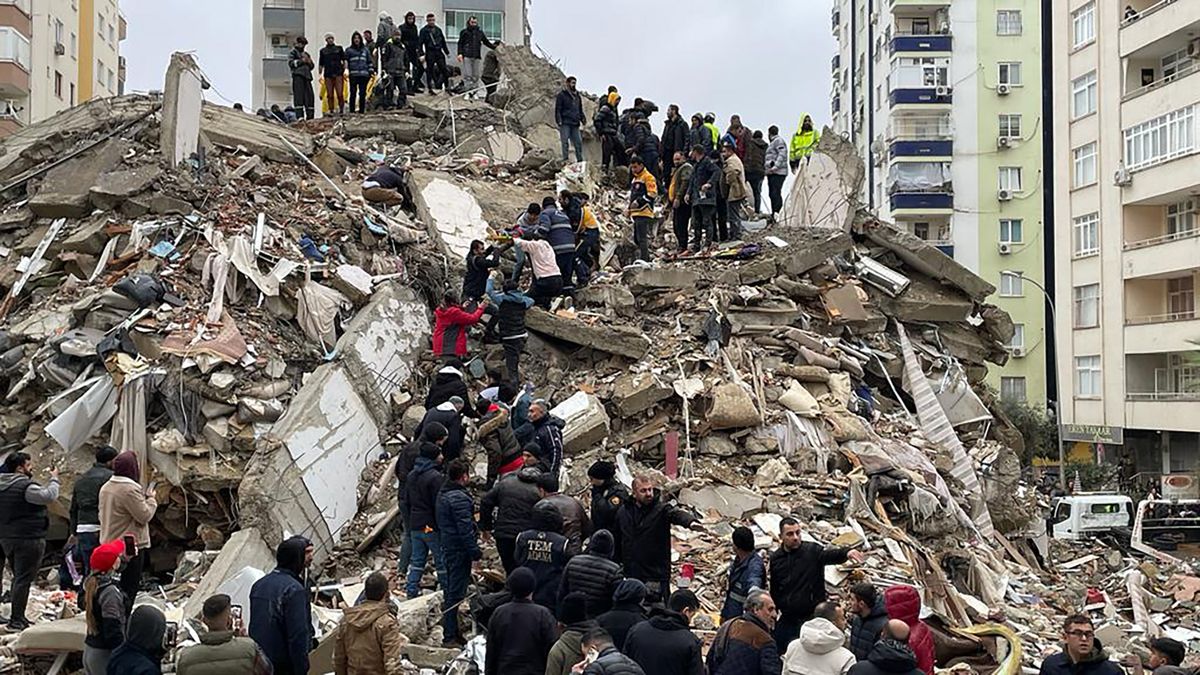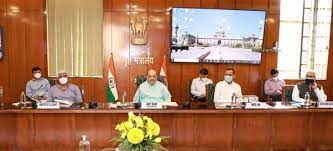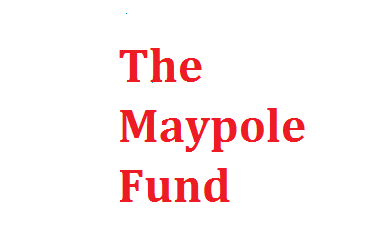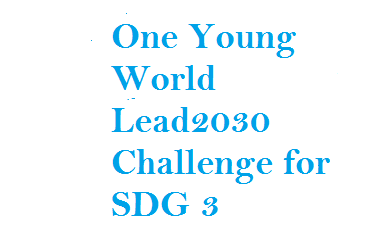- Six Reasons To Bring Millets To The Market!
- Hong Kong Court Makes Landmark Ruling Protecting Transgender Rights
- Substrate Promiscuity Of Fungi Generated Enzyme Laccase Shows Potential In Degrading Industrial Dye Effluents
- Union Minister Of Rural Development Holds A Meeting On ‘Cactus Plantation And Its Economic Usage’
- Ministry Of Tribal Affairs Organised One Day Mega Health Camp ‘Abua Bugin Hodmo-Our Better Health’ At Saraikela Kharsawan, Jharkhand
- Blue Flag Standards For Beaches In The Country
- India-Namibia Sign An MoU On Wildlife Conservation And Sustainable Biodiversity Utilization
- Hydrophobic Ingredients, In Combination With Obsolete Antibiotics, Can Counter Multidrug-Resistant Bacteria
- Promoting Cultivation Of Kala Namak Paddy
J&K flood victims caught in govt-NGO politics
Posted by: 2015-05-07 01:31:08 ,By Business Standard
Even funds for disaster relief being impeded when these come from international bodies
Late last year, Caritas India, a venerable and respected voluntary organisation that has responded with alacrity to one Indian humanitarian crisis after another, sent out an appeal through its international network for funds for contributions to relief and rehabilitation work in Jammu and Kashmir, where devastating floods and landslides in September had claimed 282 lives and damaged 2.53 lakh houses, according to official figures.
Among those that responded was the Netherlands-based Dutch Catholic Organisation for Relief and Development (Cordaid), pledging 220,000 euros (approximately 1.54 crore). However, when the first instalment of 100,000 euros reached Caritas India's bank account in November-end, the NGO was informed by its bank that the money could not be credited.
This came as a surprise. Even though Cordaid has been on a government watch-list for about three years for allegedly aiding activists protesting against oil drilling in the Northeast, and finds critical mention in an Intelligence Bureau (IB) report on NGOs leaked last year, it has been able to contribute to Caritas India's projects across a series of humanitarian crises. According to Caritas' officials, the most recent include the Assam floods in 2012, and the Uttarakhand floods and the Odisha cyclone in 2013.
As the winter grew harsher in Kashmir, Caritas officials made visits in December and January to the home ministry wing that implements the Foreign Contribution Regulation Act, 2010 (FCRA), and explained that the funds were critically required for a project, to be completed in March, that involved building low cost housing. To date, they have not been able to get the money, but are instead grappling with a 32-point questionnaire sent by the FCRA wing that requires the organisation, which has been meticulous in submitting its accounts, and displays its annual report on its website, to submit nothing short of a complete financial history. The questionnaire asks, among other things, for details, and utilisation, of foreign contributions received by Caritas India, which is more than 50 years old, from inception.
"It is a mind-boggling, and unnecessary form," says Father Frederick D'Souza, executive director of Caritas India. "This is not correct. The people for whom the money was meant are the ones affected."
Read more: Click Here
You may like similar news
.jpg)
Delhi Metro graffiti accused says he was impressed by Kejriwal but…
33-year-old Ankit Goyal is accused of writing threatening graffiti against Kejriwal inside Delhi's R...
.jpg)
After Prashant Kishor, US expert predicts massive BJP victory in Lok Sabha elections
Prashant Kishor said earlier this week that Prime Minister Narendra Modi's BJP is returning to power...

Major earthquake hits Turkey, Syria; hundreds dead, many trapped
ADANA, Turkey/DAMASCUS, Feb 6 (Reuters) - More than 1,400 people were killed and thousands injured o...

Challenges of Flood Forecasting
Flood Forecasting on International & Inter-state Rivers is formulated and issued by Central Water Co...
.jpg)
Govt amends CSR rules to boost impact
NEW DELHI: The government on Friday amended the CSR spending rules under the Companies Act to provid...









